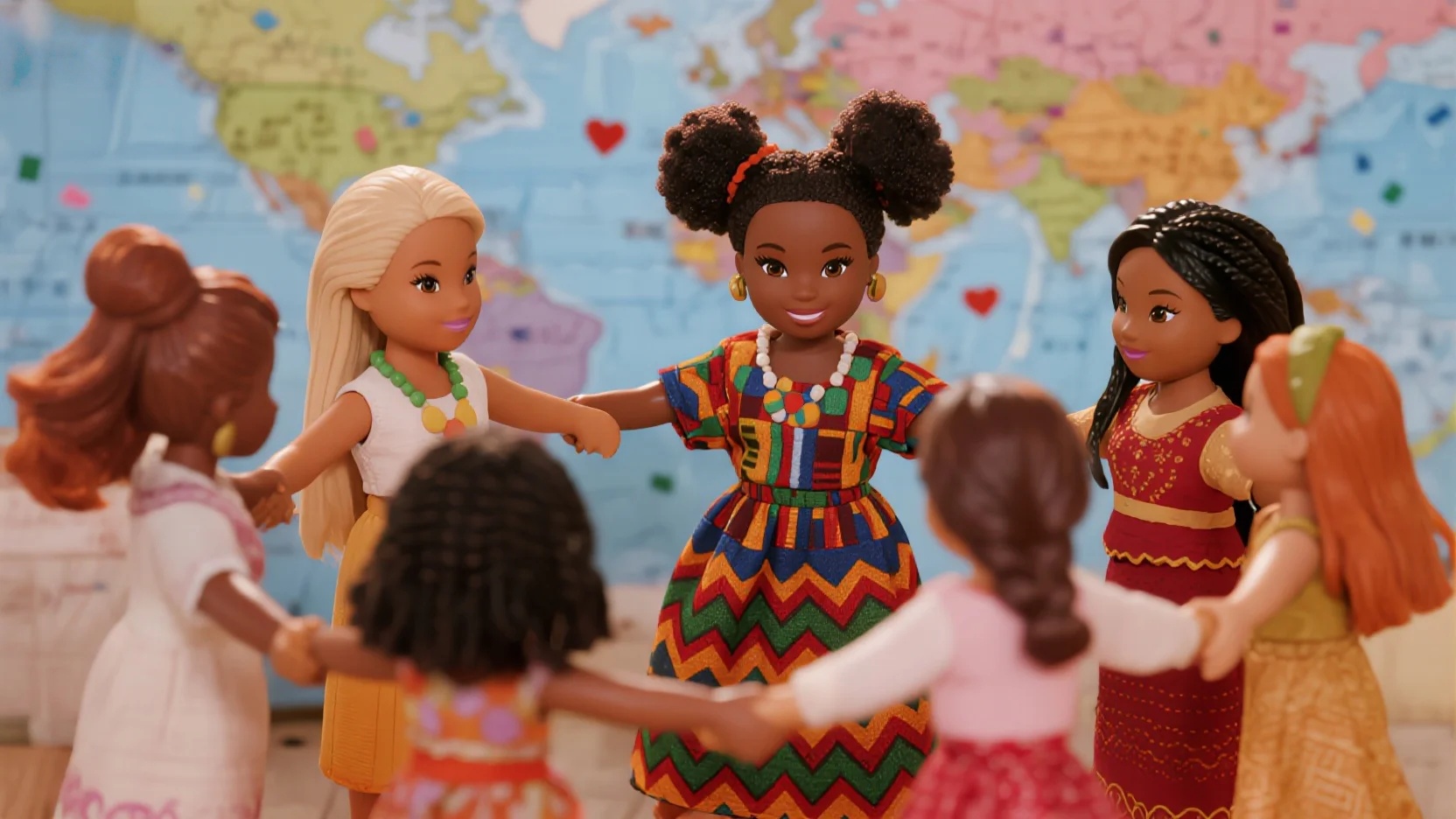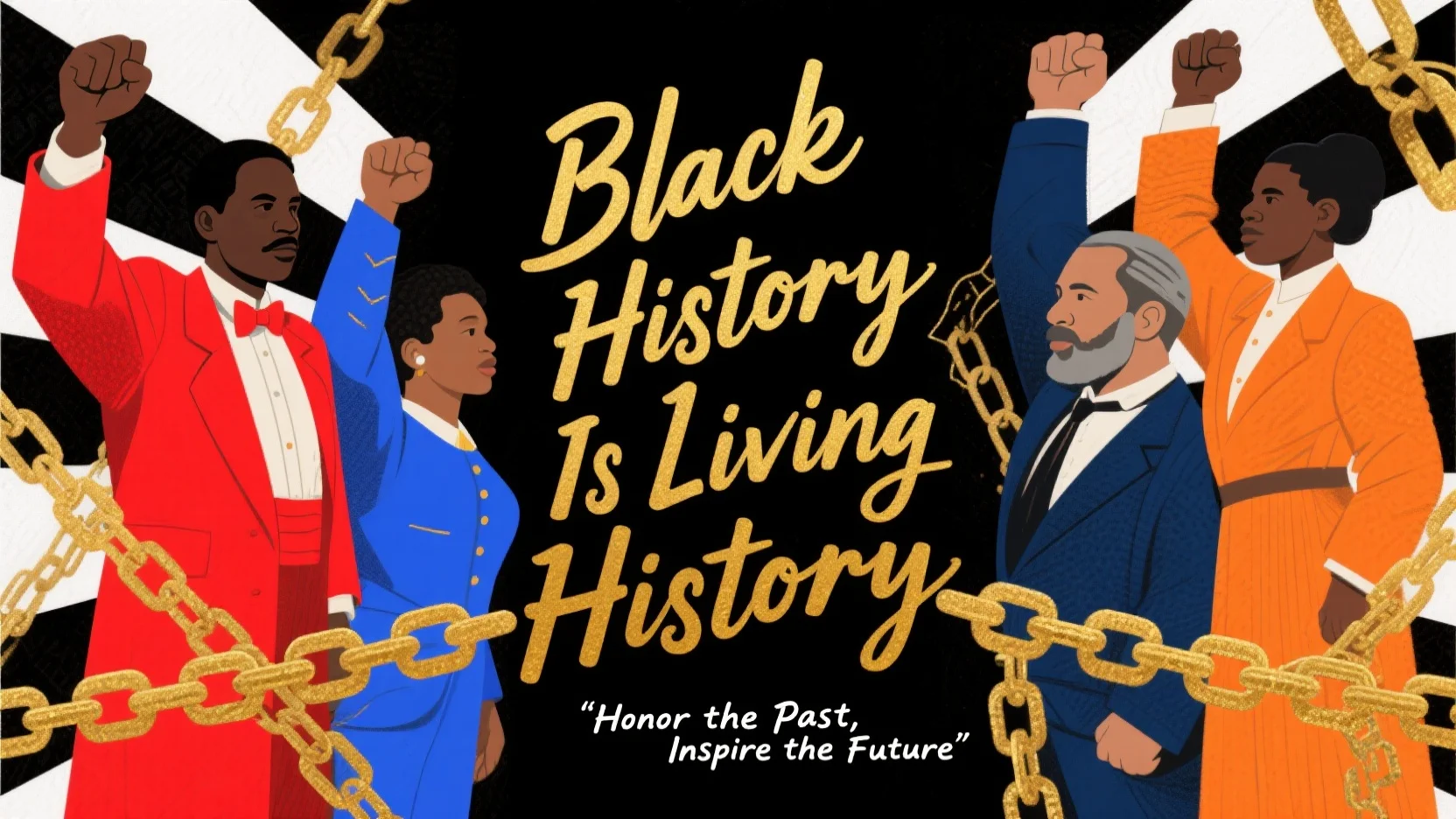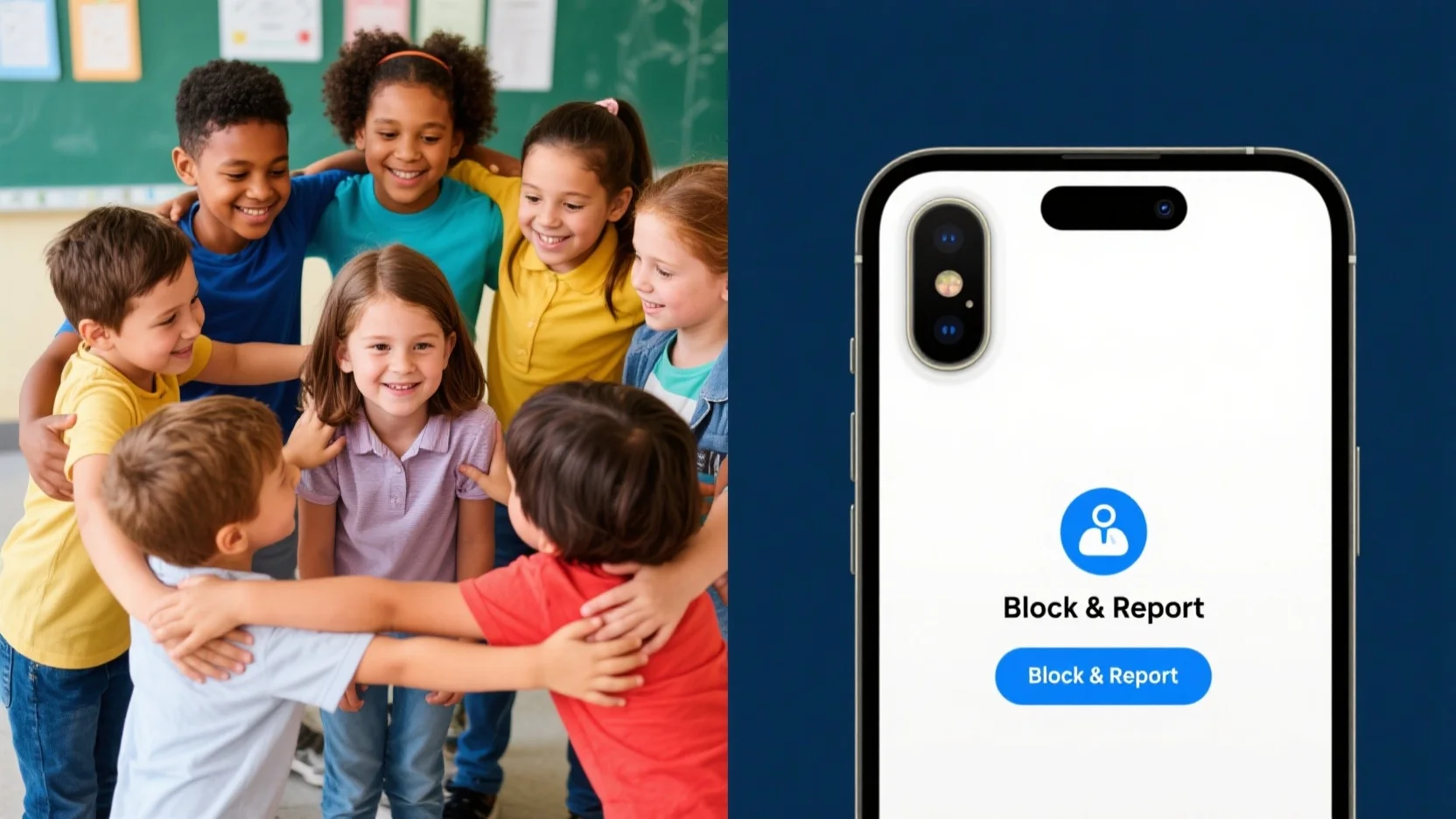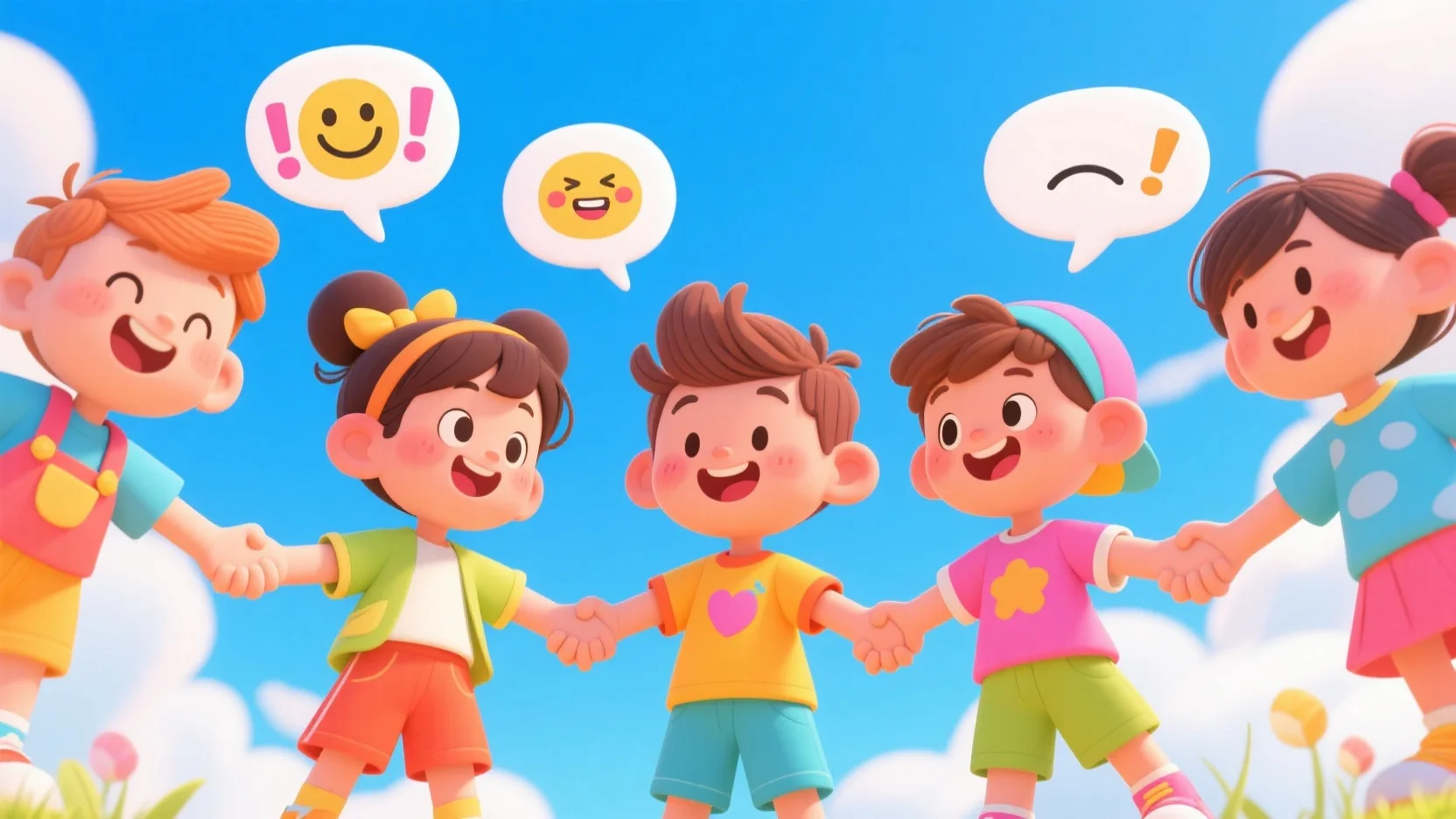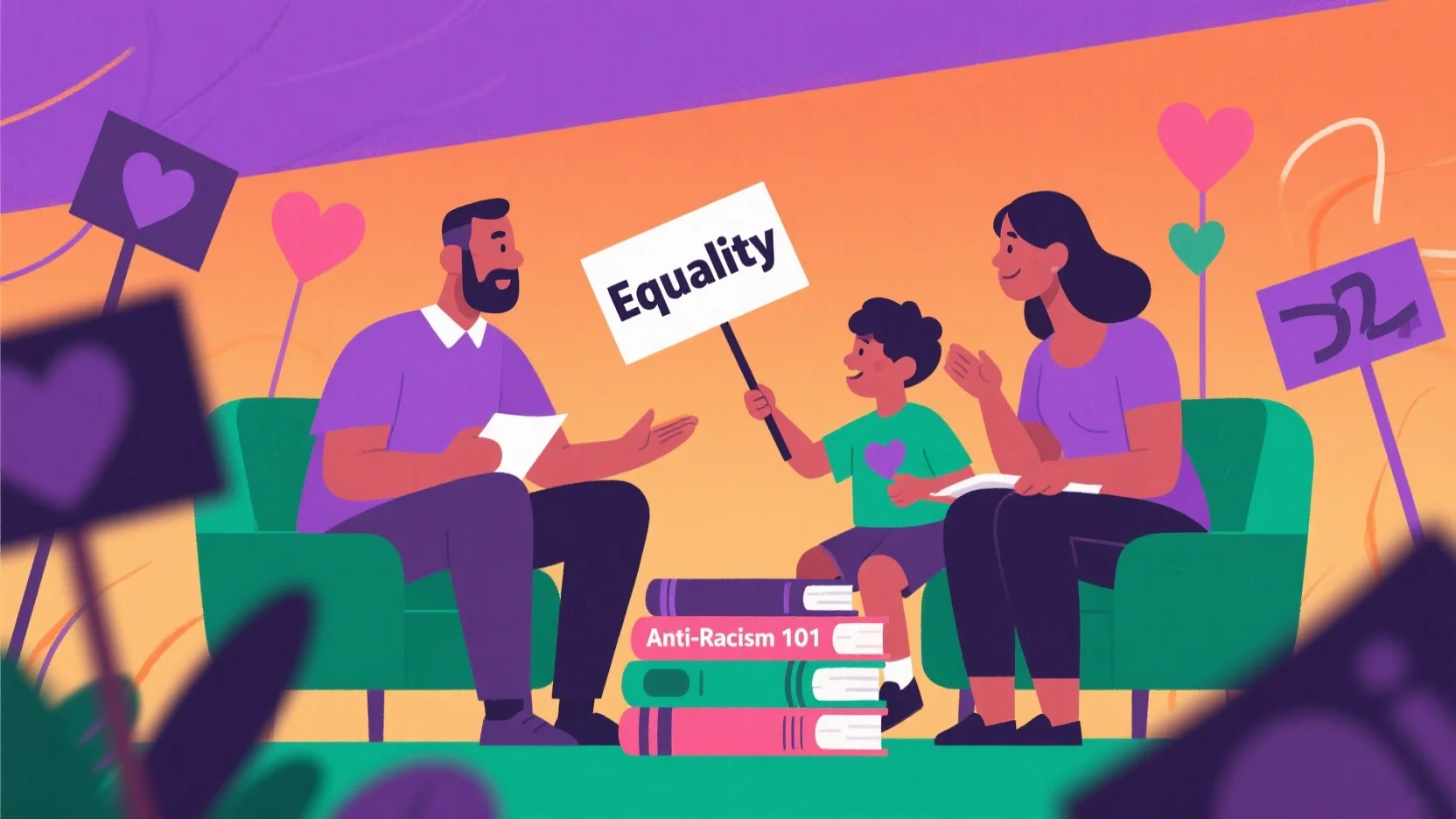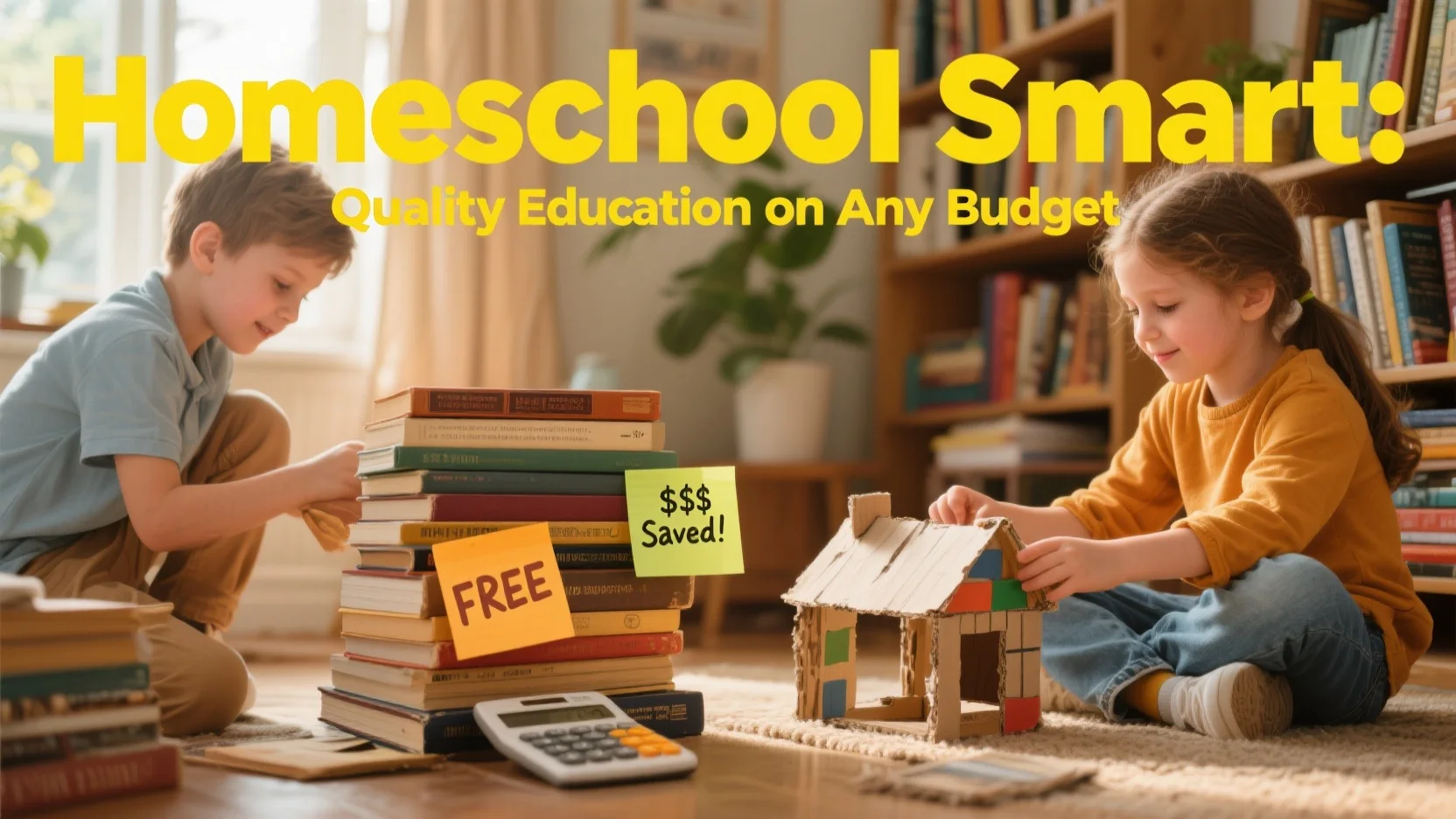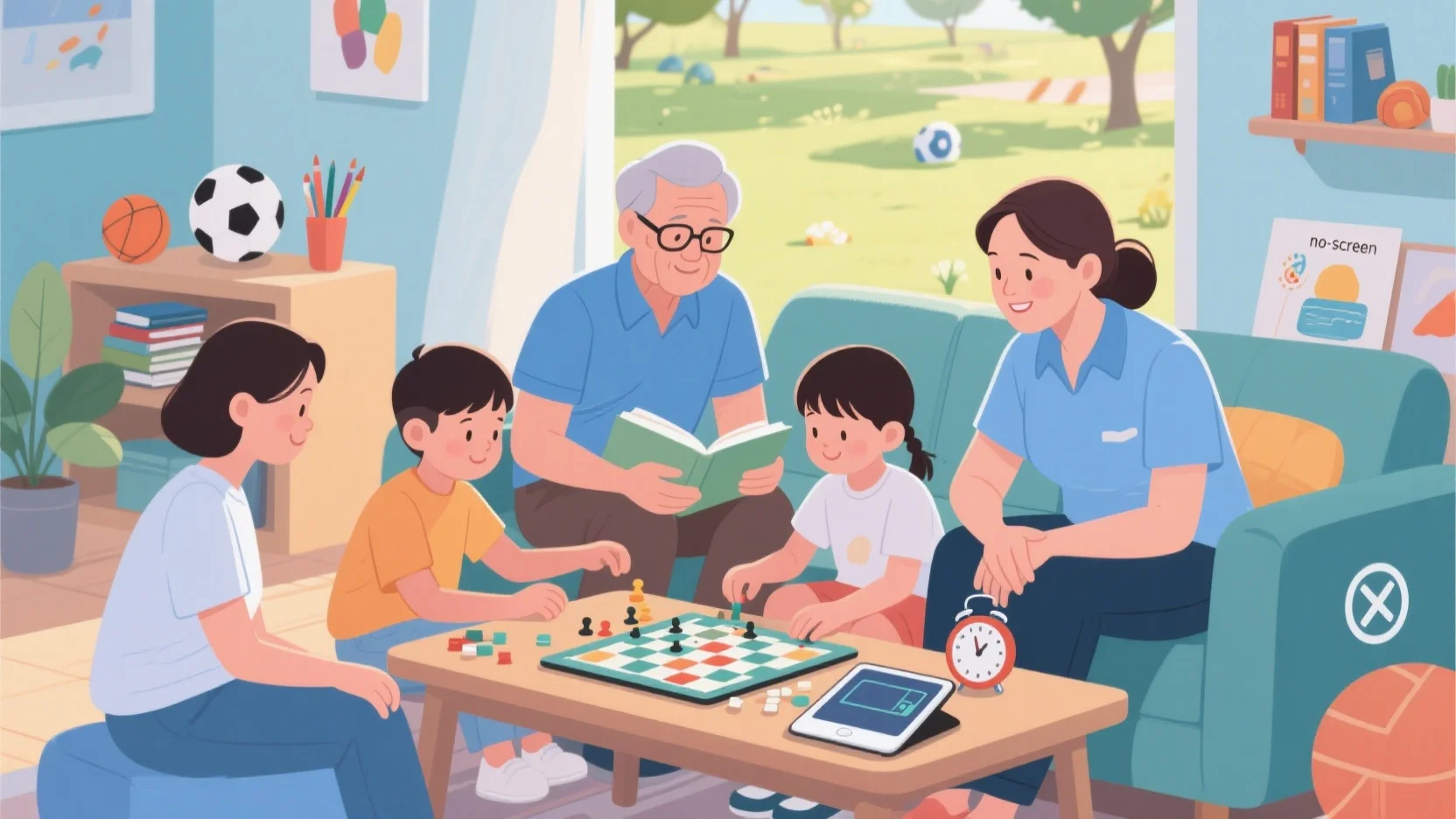Toys are more than just playthings—they shape how children see themselves and others. Multicultural toys foster empathy, representation, and inclusivity, helping kids navigate our diverse world with kindness and curiosity.
🌱 1. Promote Belonging & Self-Esteem (“Mirrors & Windows”)
- Mirrors: When children see toys that reflect their skin tone, hair texture, or culture, they feel valued and seen.
- Windows: Toys representing other backgrounds teach kids to appreciate differences.
- Example: A Black child playing with a doll that has natural curls internalizes pride in their identity.
💡 2. Foster Empathy & Reduce Bias
- Early exposure (ages 2–5) to diverse toys helps prevent stereotypes before they form.
- Role-playing with different cultures and abilities encourages perspective-taking: “How would they feel?”
- Example: A child playing with a wheelchair-using doll learns accessibility is normal.
🤝 3. Normalize Inclusion & Reflect Reality
- Toys featuring disabilities, non-binary characters, or global traditions make diversity feel natural, not “other.”
- Example: A kitchen playset with global foods (sushi, tacos, curry) teaches cultural appreciation.
📚 4. Enhance Learning Through Play
- Play is how young kids learn best (NAEYC standards).
- Multicultural toys spark curiosity when paired with books, music, or real-world stories.
- Example: A Diwali-themed puzzle can lead to discussions about Indian festivals.
👫 5. Encourage Peer Learning & Teamwork
- In diverse classrooms, kids learn cooperation over competition.
- Seeing peers with different abilities or traditions builds respect and collaboration skills.
📈 6. Prepare Kids for a Diverse World
- Early exposure to inclusive toys helps children thrive in multicultural settings later in life.
- Aligns with social justice and equity goals in education.
🛠️ Practical Tips for Parents & Educators
✅ Audit Your Toy Box – Do dolls, puzzles, and figures reflect real-world diversity?
✅ Encourage Open-Ended Play – Let kids create their own stories with global or inclusive toys.
✅ Pair with Books & Music – Combine toys with multicultural stories or songs for deeper learning.
✅ Ask Thoughtful Questions – “What do you think this doll celebrates?” “How would you include everyone?”
🌈 Final Thought
Multicultural toys don’t just reflect the world—they shape a better one. By filling playrooms with diverse, inclusive toys, we teach kids:
- You belong.
- Differences are beautiful.
- Kindness starts with understanding.
